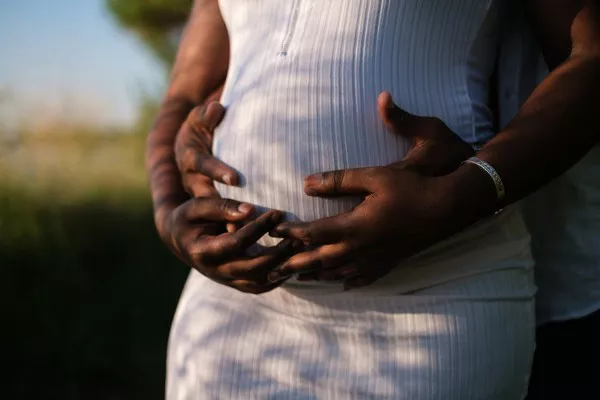In a unanimous decision, the Texas Supreme Court has dealt a blow to a significant challenge against Texas’ near-total abortion ban. The case, brought forward by 20 patients and two doctors, focused on the denial of abortion care to women facing life-threatening pregnancy complications. The ruling, issued on Friday, declined to clarify exceptions to the state law’s abortion bans, asserting that the medical exceptions within the law are constitutionally sound.
The lawsuit, filed by the Center for Reproductive Rights in March 2023, aimed to seek clarity on when patients with pregnancy complications could access abortions, rather than overturning the state’s existing ban. Under current Texas law, abortion is prohibited unless the pregnant individual faces life-threatening complications or “substantial impairment of a major bodily function,” a criteria left undefined by the legislation.
Dubbed Zurawski v. Texas, this case marked the first legal challenge against a state’s abortion ban on behalf of patients confronting pregnancy complications. Among the plaintiffs was Amanda Zurawski, a resident of Austin, Texas, who was denied abortion care after experiencing preterm prelabor rupture of membranes (PPROM) at 18 weeks of pregnancy. Despite the pregnancy being non-viable, doctors reportedly refused to perform the abortion due to uncertainties surrounding the state’s legal framework. Tragically, Zurawski developed sepsis as a result of her miscarriage, prompting doctors to induce an abortion. She subsequently spent three days in the ICU fighting for her life, with the infection resulting in permanent damage to one of her fallopian tubes, jeopardizing her future fertility.
Reacting to the ruling, Molly Duane, senior staff attorney at the Center, expressed dismay, stating, “This outrageous ruling clearly demonstrates that Texas’s ‘medical exceptions’ to its extreme abortion bans just don’t work.” She emphasized the continued suffering of pregnant individuals in Texas who are unable to access essential medical care.
The Texas Supreme Court had previously ruled against another Texas woman, Kate Cox, in a similar case. However, by the time of the ruling, Cox had already sought an abortion out of state. In the Zurawski case, the court determined that only one plaintiff, Dr. Karsan, had standing to sue. Dr. Karsan, an OB/GYN from Houston, faced direct threats of enforcement from the Attorney General for her intent to perform Cox’s abortion despite legal challenges.
While the justices acknowledged the tragic outcomes resulting from the denial of medical care, they placed responsibility on the shoulders of doctors navigating the ambiguous legal landscape. “Ms. Zurawski’s agonizing wait to be ill ‘enough’ for induction, her development of sepsis, and her permanent physical injury are not the results the law commands,” the ruling stated, recognizing the distressing consequences of restrictive abortion laws on patient care.


